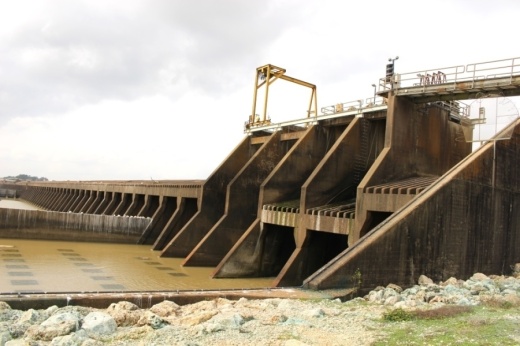Term to know: Dredging is the removal of sediments and debris from the bottom of lakes, rivers, harbors and other bodies of water. According to the National Oceanic and Atmospheric Administration, dredging is a routine necessity in waterways worldwide because sedimentation—the natural process of sand and silt washing downstream—gradually fills channels and harbors.
The background: Following Hurricane Harvey in 2017, flood mitigation efforts ramped up in the Greater Houston area and particularly in the Lake Houston area. According to a May 10 newsletter from Mayor Pro Tem Dave Martin—who represents Houston City Council District E, which includes Kingwood—more than 4 million cubic yards of silt and sediment has been dredged from Lake Houston and its tributaries since 2018 at a total cost of $222 million. These efforts were paid for through federal, state and local funding sources and were a combination of:
- Federal Emergency Management Agency;
- Texas Water Development Board;
- Harris County; and
- City of Houston projects.
The details: According to a May 10 news release from state Rep. Charles Cunningham, R-Humble, the grant will provide for the mechanical and/or hydraulic dredging of sand and sediment from public property, as well as the proper disposal of the debris. The work will consist of:
- Loading and hauling from public waterways to disposal sites;
- The removal of tree stumps;
- Cutting and removing partially uprooted or split trees; and
- The collection of debris laden sand.





